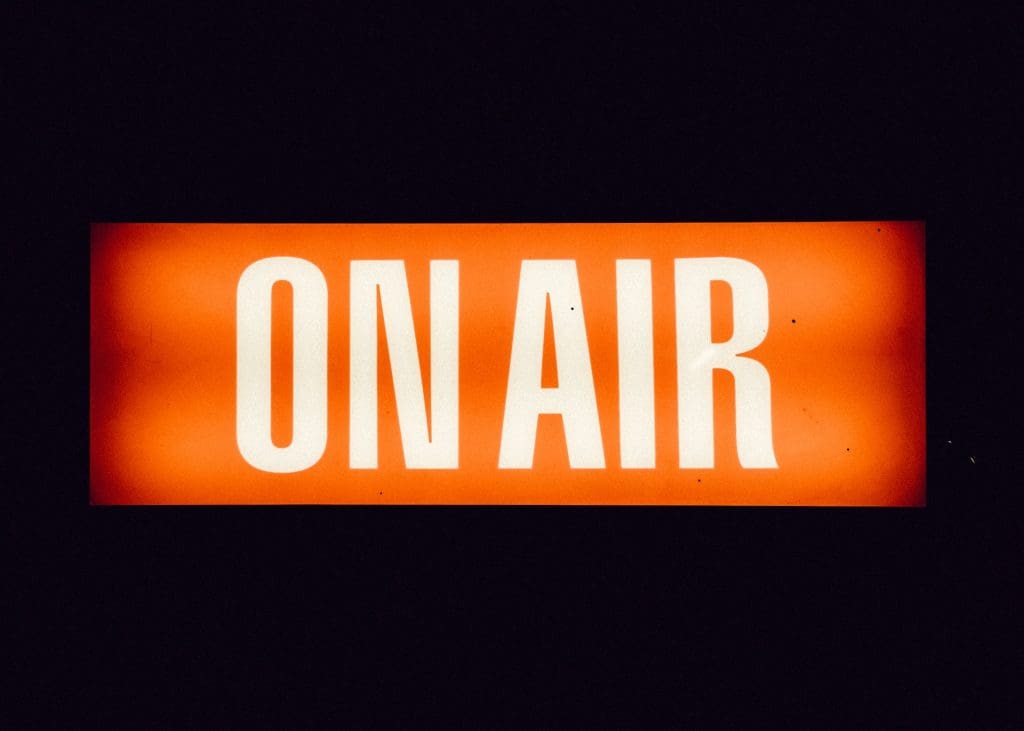On the Airwaves: The Lifeblood of UK Music


#image_title
Put on your headphones, crank up the volume, and get ready to tune into the pulse of the UK’s music scene–the radio. Radio serves up a hot platter of fresh tracks, timeless classics, and everything in between–literally playing a ‘hit’ role in the music industry. Why?–it’s quite simple–to this day, close to 50 million adults in the UK listen to the radio on a semi-daily basis. That’s close to 90%, and over 20 hours a week. In other words, once a new song comes out and goes on air–it’s a matter of minutes before it becomes a hit (if it’s any good of course).
Breaking Beats and Boosting Talents
There’s no doubt that every music newbie dreams of the day their tunes first bust out over the radio. The role of radio as talent-spotter isn’t just important, it’s mega! Think of the radio as the ultimate talent scout, always on the hunt for the coolest new sounds that are emerging from the grassroots. It’s a total game-changer for any musician starting out, a trusty roadmap to fame and fortune.
The real magic of radio is in its relentless flow of music, serving up a big mix of tunes to its audience. It’s like a musical playground for fresh talent to strut their stuff. Could you just picture a newbie singer-songwriter sandwiched in a playlist between legends like Ed Sheeran and Dua Lipa? That’s a total score! It can skyrocket their popularity in a flash, boosting their followers faster than a drum solo in a rock anthem!
Let’s take a beat to big up the power of radio for smashing the old school rules of the music industry. It’s not about the swanky record deals or having top-tier connections anymore. If the listeners vibe with your tune, it can grab the DJ’s attention and bang – you’re on repeat and maybe even climbing the charts. It’s like the radio hands over a golden ticket to the artists, a massive platform which can be trickier to bag on social media or local gigs.
And let’s not forget the mega reach of radio. It crosses all sorts of boundaries – age, location, the lot – boosting a new artist’s street cred to a massive audience. It’s like music equal rights, weaving new artists into the day-to-day life of the listeners, whether they’re a teen in London or chilling in retirement up in Manchester, everyone gets to sample the next big thing in music. This wide ‘circle of sound’ and the chance to make an instant connection turns radio into a precious stepping stone to stardom for future music celebs. Credit to the listeners though, dab radios are the real deal. They provide higher sound quality with reduced interference and a wider pick of stations. Plus, they’ve got slick features like live text and the power to pause, rewind and replay live broadcasts.
Creating Chart-toppers and Setting Trends
With a knack for turning melodies into memories, the radio steps up the beat, creating chart-topping sensations. Playlists crafted by expert DJs influence listener tastes, leading to songs riding on the waves of popularity. This unique power of the radio to shape the music charts brings about cultural shifts and propels certain genres to the spotlight, deeply influencing the musical landscape and trends.
Music Marketing’s Grand Maestro
Radios play a savvy role in the world of music marketing–it’s here that artists and record labels seize the opportunity to kickstart the promotional engine. From radio premieres and engaging interviews to airplay to get the buzz going for new releases–they cleverly use these tools to promote new releases, stir up excitement and create a frenzy. Much like the role of a drummer setting the rhythm in a band, radio stations drive the tempo of record sales and concert tickets–a vital pulse in the music scene. By undertaking this role, radio stations are the fuel powering the bustling economic machine that is the UK music industry. Not too shabby for a medium that’s over a century old, right?
Radio Rocks On
Radios and the UK music industry are entwined in a melody that’s as harmonious as it is powerful. From unleashing new talent to setting trends, driving sales, and ensuring fair royalties, the radio in the UK music industry proves that it’s certainly more than just background noise. After all, where words fail, music speaks, and in this case, it’s the radio that gives it the voice. Rock on!
Since you’re here …
… we have a small favour to ask. More people are reading Side-Line Magazine than ever but advertising revenues across the media are falling fast. Unlike many news organisations, we haven’t put up a paywall – we want to keep our journalism as open as we can - and we refuse to add annoying advertising. So you can see why we need to ask for your help.
Side-Line’s independent journalism takes a lot of time, money and hard work to produce. But we do it because we want to push the artists we like and who are equally fighting to survive.
If everyone who reads our reporting, who likes it, helps fund it, our future would be much more secure. For as little as 5 US$, you can support Side-Line Magazine – and it only takes a minute. Thank you.
The donations are safely powered by Paypal.










